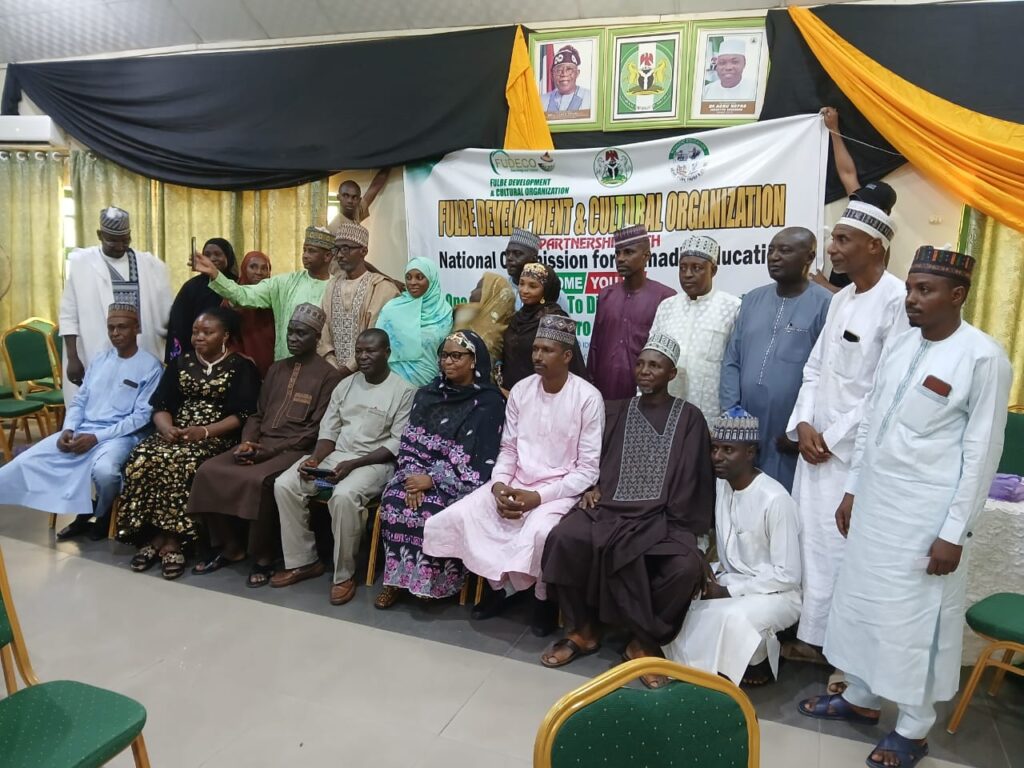By Saidu Adamu, Jalingo
The Supporting Pastoralists and Agriculture in Recurrent and Protracted Crisis (SPARC), in collaboration with Fulbe Development and Cultural Organisations (FUDECO) on Friday hosted stakeholders to a one day engagement on livelihoods of pastoralists in conflict areas.
The meeting featured the presentation and discussion of research conducted by SPARC and FUDECO on the topic.
The lead researcher and presenter Dr Zubairu Adamu said that the research focused on a conflict affected Community in Sardauna Local Government Area of Taraba State and featured 60 selected persons from the community.
Dr. Zubairu, a senior lecturer in the Taraba College of Agriculture, Science and Technology, Jalingo, said that the interaction between the researchers and the community has helped in reshaping the mindset of the Pastoralists on several issues including the need to live together in peace and to venture more into crop farming as well.
Adamu noted that lack of sufficient land, pasture degradation due to overgrazing, animal disease, lack of extension workers, water scarcity and cattle rustling were some of the challenges confronting the Pastoralists.
He recommended “a multi- stakeholder consultative forum that include pastoralists, farmers, customary authorities, security agencies, elected officials and civil society organisations. Also government should train local security, traditional and religious leaders, youth and women in conflict resolution techniques.
“Government should prosecute criminal elements from both sides to serve as deterrent to others, encourage private investors in diary and meat production under public private partnership, need to create diary and meat Microfinance Bank” among others.
Earlier in an address of welcome, the Chairperson of FUDECO, Taraba State Chapter Hajiya Aisha Ardo explained that the research was co sponsored by SPARC to look at how conflict affected communities were coping after clashes.
She said it was carried out with the aim of identifying the remote causes of the conflicts, their impact on livelihoods and ways of preventing future occurrence of such conflicts.
Aisha appealed to community leaders, politicians and security agencies to take home some identified key points and work towards addressing them.
The reseach dessimination meeting was attended by representives of security agencies, livestock breeders Associations, relevant government ministries and department and pastoralists. ////

